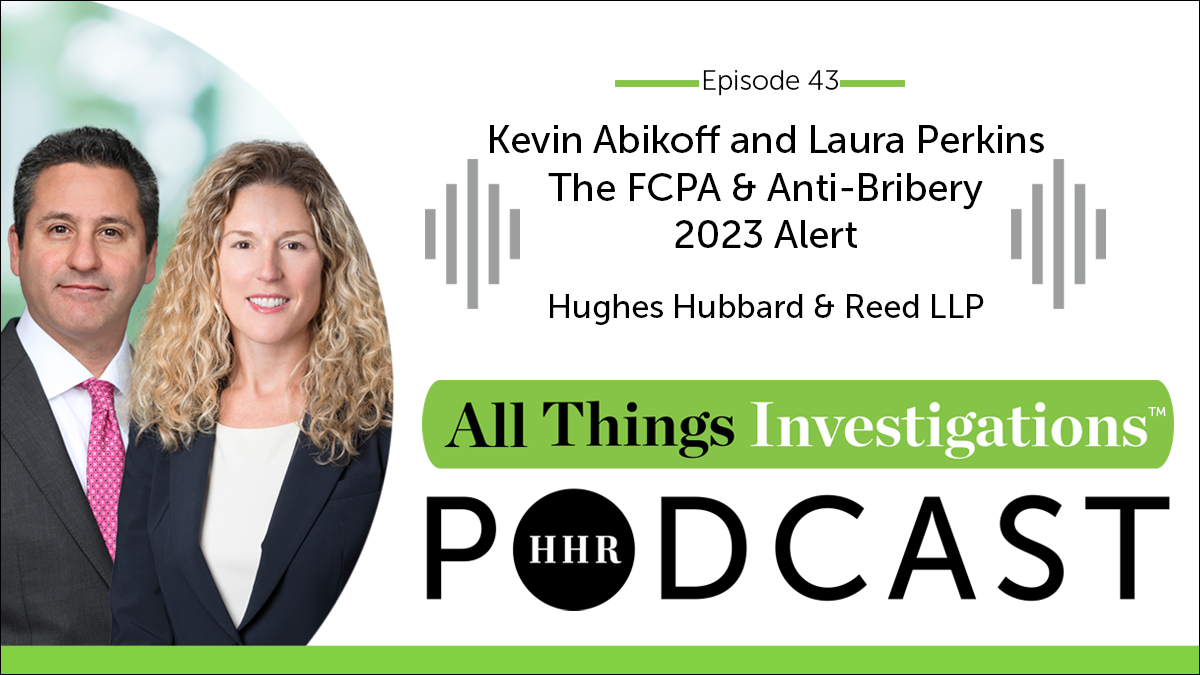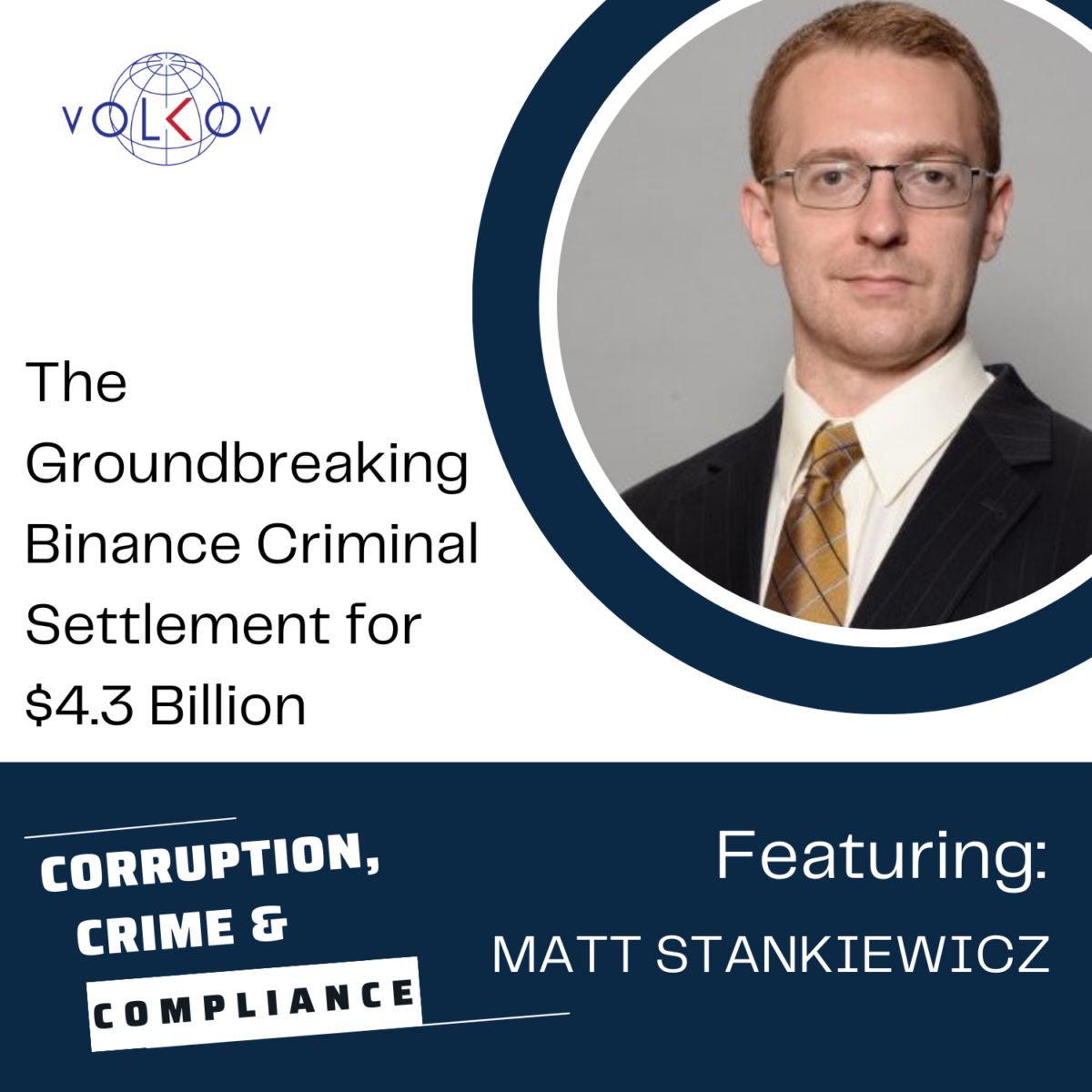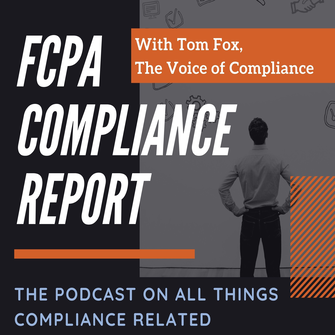In this episode of the PodfestExpo 2024 Speaker Preview Podcasts series, I visit with Brad Miller, host of Cancer and Comedy, and discuss their presentation at PodfestExpo on the four elements of your mental health. Some of the issues we tackle in this podcast are:
- Bringing joy and levity to cancer patients.
- How Chris Krimitsos brings out the best in everyone.
- Why you should attend PodfestExpo 2024.
I’m hoping you’ll be able to join me at PodfestExpo 2024, which Podfest Global is hosting. This year’s event will be the 10th anniversary and will be held January 25–28, 2024, at the Wyndham in Orlando, Florida. The line-up of this year’s event is simply first-rate, with some of the top names in podcasting.
Podfest Expo is a community of people interested in and passionate about sharing their voice and message through powerful audio and video mediums. We’re proud to unite as many people as possible to learn, get inspired, and grow better together.
PodfestExpo is so much more than just a mere conference. While we pride ourselves on featuring the most engaging speakers, exciting topics, and in-depth content, the thing that sets the PodfestExpo event apart from all others is the tight-knit community we’ve been building since 2013. You don’t just attend a Podfest event; you become part of the Podfest family.
Whether you’re new to podcasting or a veteran podcaster looking to innovate and improve your podcast, our easy-to-understand conference topics allow you to customize a daily agenda based on what you’re most interested in learning. No matter your skill level or experience, PodfestExpo 2024 has plenty to offer!
I hope you can join me at the event. For information on the event, click here. As an extra benefit to listeners of this podcast, Podfest Expo is offering a discount on the registration price. Enter the discount code “Listener.”
PodfestExpo 2024 is a production of Podfest Global, which sponsors this podcast series.














